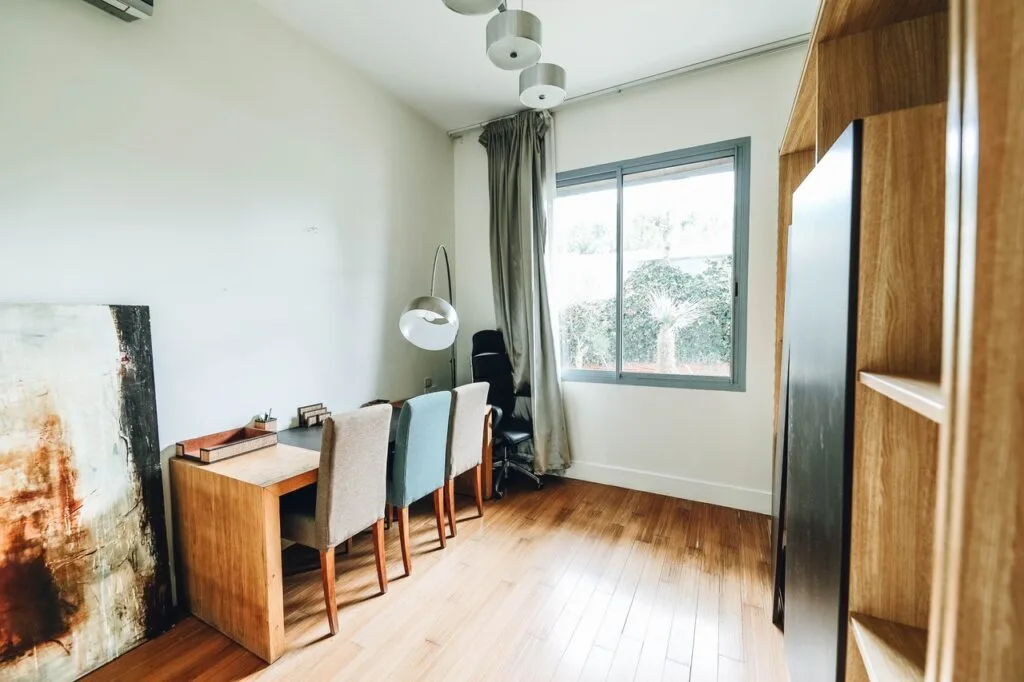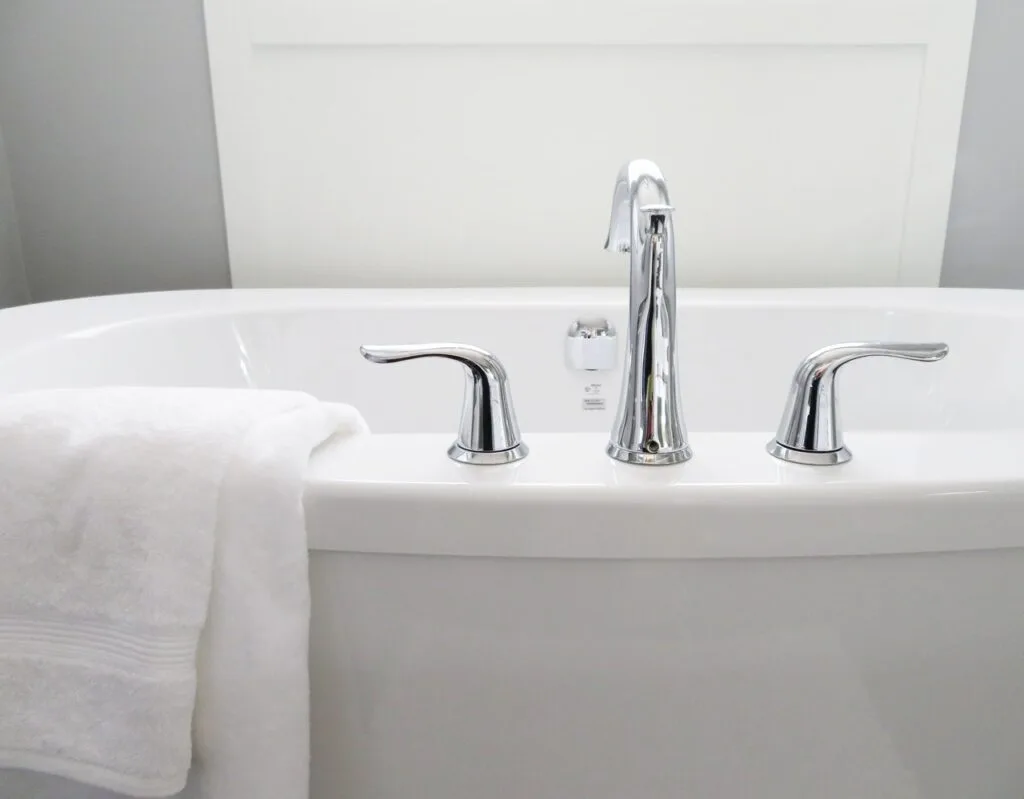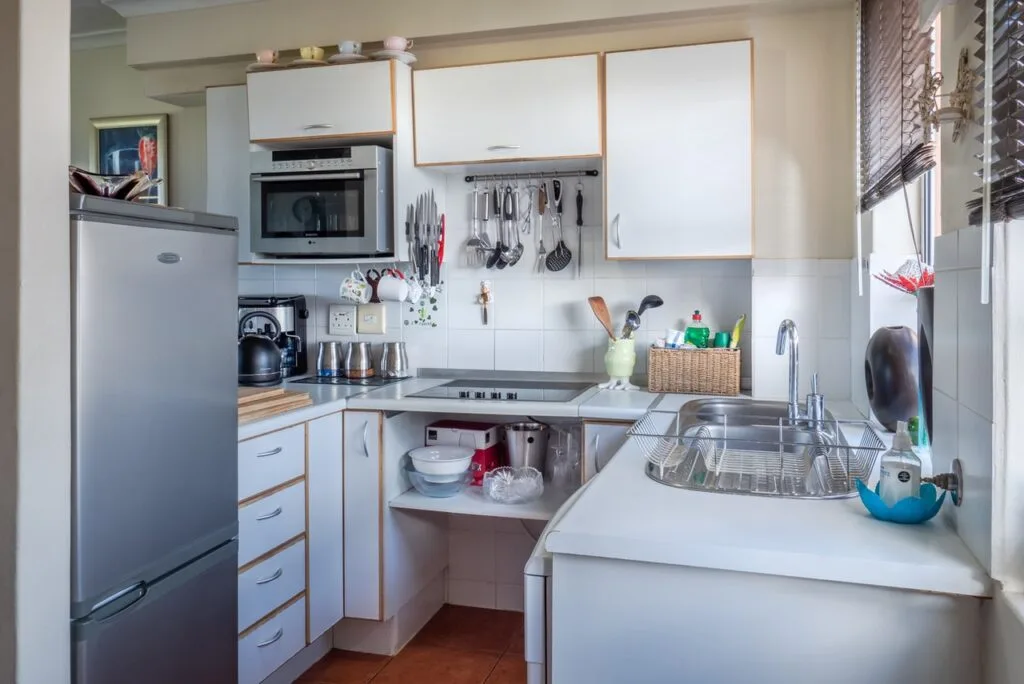Condo-sharing is a practical accommodation for college students. You get to enjoy a safe and healthy condo without paying for everything. You can share the rent, association dues, utility bills, and even the expenses for groceries. Most importantly, you have company.
College life can be lonely especially if you are living away from your family for the first time. Having buddies you can talk to whenever it gets too tough in school or with your personal life can be a lifesaver.
Why live in a condo? Condos are strategically located near schools, major highways, and public transport networks, making it easier to move around. You are safe and secure inside a gated residential community. Whenever you feel anxious and stressed out, you could relax in the pool, roof deck, and other lifestyle amenities.
How do you ensure a safe condo sharing after the COVID-19 crisis? The global pandemic should be an eye-opener on hygiene, proper sanitation, and health safety. Keep yourself and your housemates safe from the flu and other diseases. Check out this guide.
1. Frequently clean and disinfect touched surfaces
 Photo courtesy of Naim Benjelloun via Pexels
Photo courtesy of Naim Benjelloun via Pexels
College students have the tendency of neglecting their health. Their busy schedule in school has become a convenient excuse to skip regular house cleaning. But the novel coronavirus should change your mentality. You should make it a habit to clean and sanitize your space to prevent contracting coronavirus or any other virus.
In condo-sharing, share the task of cleaning surfaces with your housemates. You can make a thrice a week schedule of disinfecting shelves, cabinets, etc. You can use a bleach solution by mixing 5 tablespoons of bleach per gallon of water or 4 teaspoons bleach per quart of water. Everyone should make it a habit to wipe off doorknobs, switches, faucets, tabletops, and counters with a bleach solution immediately after use.
Tip: Cleaning is different from disinfecting. Cleaning refers to the removal of germs, dirt, and impurities from surfaces. This does not kill germs. Disinfecting refers to the use of chemicals to kill germs that might spread infection.
2. Sanitize your bathroom regularly
 Photo courtesy of Pixabay via Pexels
Photo courtesy of Pixabay via Pexels
Among the important lessons people should learn from the COVID-19 crisis is that everyone may be at risk of contracting the disease. It does not matter if you are young or old, healthy, or with an underlying medical condition.
There had been reports that young and healthy people have fallen ill, even died, of the disease. Being young does not mean that you are safe and healthy. It is imperative that you take precautions to protect yourself from infections of any kind.
Make a practice of sanitizing your bathroom at least 4 times a week. Share the chore with your housemates. Here are tips on the proper ways to clean and sanitize the toilet:
- Wear long protective gloves when cleaning the toilet. Store the gloves in a designated container and place them in a way that you can put them on without touching the outer surface, except for the opening.
- Use a wet cloth soaked with a bleach solution, clean the door handles, taps, countertops, basins, mirrors, walls behind the basin, and soap dispensers.
- Apply a small amount of detergent on the toilet bowl, on both sides of the lid, and on the seat. Close the lid and flush the toilet.
- Clean the bowl thoroughly with a toilet brush. Scrub off the outer surfaces especially the stains.
- Clean the floor with a brush and cleaning solution.
- Disinfect the protective gloves after use, as well as their container.
Sanitizing your bathroom regularly will help ensure that germs are kept under control, reducing, if not eliminating, the risk of causing various diseases.
3. Keep your refrigerator clean
 Photo courtesy of Jean van der Meulen via Pexels
Photo courtesy of Jean van der Meulen via Pexels
Do you know that keeping condo roommate essentials like your refrigerator clean can prevent the spread of bacteria? It can also help you stay safe from food spoiled by bacteria, fungi, yeast, and molds. Everyone in your home should do his/her share in keeping the fridge a safe place to store your food.
- Clean your fridge once a week, including the fridge handle, shelves, and compartments.
- Wipe all surfaces thoroughly with warm soapy water, rinse with clean water, then dry thoroughly with a clean towel.
- Avoid using cleaning chemicals that might pass on to food or damage the interiors of the fridge.
- Throw out food items that are past their expiration dates.
Cross-contamination can easily occur in the fridge and other food storage spaces. Harmful bacteria like E. coli can live on food packaging for up to 24 hours. It is advisable to remove raw meat and poultry from their packaging and repackage them in containers. Separate meat and poultry from ready-to-eat foods.
4. Dispose of your garbage properly
 Photo courtesy of Polina Tankilevitch via Pexels
Photo courtesy of Polina Tankilevitch via Pexels
Never keep your garbage for a long period inside your living space. Food scraps, offals, and soiled food should be disposed of immediately to avoid bacteria growth and foul odor. Make it everyone's responsibility to dispose of garbage properly.
- Segregate your garbage into biodegradable and non-biodegradable.
- Get a multi-storage bin for the sorted garbage.
- Bring the trash to the designated garbage collection area as frequent as possible.
- Clean and disinfect the trash bin with bleach solution for disinfecting agents with at least 70% alcohol.
Brief your housemates about the garbage disposal rules set by your condo community and follow these faithfully.
5. Make better lifestyle decisions
 Photo courtesy of Jonathan Borba via Pexels
Photo courtesy of Jonathan Borba via Pexels
Keeping your shared condo home clean and sanitized is just a step in staying safe from diseases. Continue proper hand washing and social distancing practices to prevent contracting any type of virus especially in managing co-living spaces. You should also make lifestyle changes that will boost your immune system. Here are helpful tips:
- Eat a balanced diet of carbohydrates, protein, vegetables and fruits, and legumes. Learn how to cook healthy and delicious meals in your condo kitchen.
- Get 7 to 9 hours of quality sleep each night. No matter how busy you get with your schoolwork, remember that your body needs to recharge. Pulling all-nighters is counterproductive when you are a student because the lack of sleep could affect your ability to learn, focus, and remember.
- Do regular exercises. Your condo community offers free access to a fitness gym, lap pool, play court, and open spaces for yoga and other exercise routines. Aspire to sweat it out even for 30 minutes daily. This can do wonders for your physical and mental health.
Condo-sharing is a smart way of living safe and comfortable while you are in college. You are able to enjoy the facilities and amenities of a premier residential community without shouldering all the costs.
Share your condo space with your friends or cousins. Develop rules on how to divide the expenses and chores to avoid conflict. Make it everyone's responsibility to keep a clean condo and sanitized space at all times.








